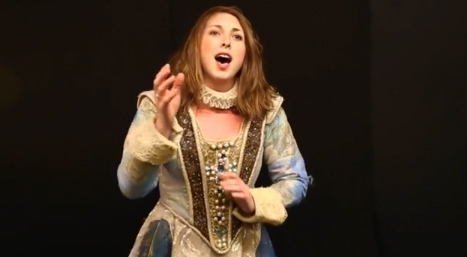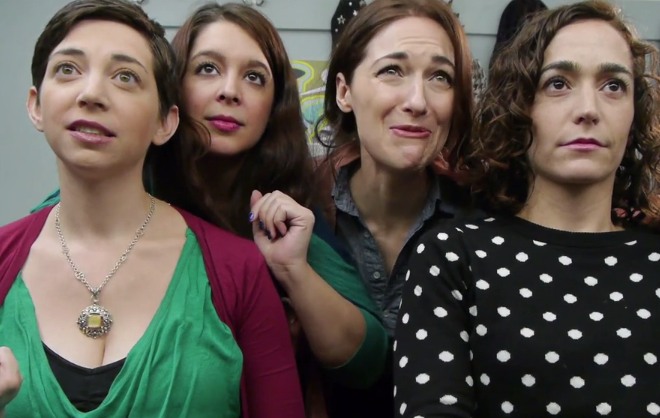All's well that ends well
"The story was great, but that ending came out of nowhere!" If you’ve ever felt this about a play or movie, you may have just encountered a deus ex machina, from the Latin meaning “god from the machine.” In ancient Greece, tragic playwrights who had created gnarly dramatic situations occasionally wrote abrupt endings in which an actor playing a god or hero would be delivered to the stage by a crane to resolve a seemingly insoluble crisis. The dramatist Euripides (480-406 B.C.E.) was notorious for using this plot device.
At the end of his play Medea, for example, the murderous heroine escapes her husband’s wrath by flying off stage in a chariot pulled by dragons. Euripides’ use of the deus ex machina was so well-known that his rival, the satirist Aristophanes, wrote a parody in which Euripides himself descends from a crane in a silly, ill-fated attempt to save his friend Mnesilochus from a blood-thirsty horde of women.
Over the ages, the deus ex machina came to mean not just a god saving the day, but any contrived ending that introduces a new element to solve the story’s central problem. It’s been used by some of the greatest writers in history, including Shakespeare, whose comedies The Winter’s Tale and As You Like It both end with divine or wondrous interventions that guarantee the happy ending. Molière, a French comedic playwright of the 17th century, ends his play Tartuffe with a happy surprise: the wicked title character gets his just desserts in the nick of time when the King’s messenger turns up quite suddenly. Although the deus ex machina is often seen as a quick-and-easy (disparagers may even say "lazy") way of bringing a story to a resolution, it has had tremendous staying power. Whether it’s the cavalry galloping over the hill to save the heroes from destruction, or the long-lost wealthy aunt who shows up just in time to save the family estate, the deus ex machina is a trope almost as old as dramatic storytelling itself—and a very effective one at that.
--David Clauson
The video was created by Yale School of Drama.

